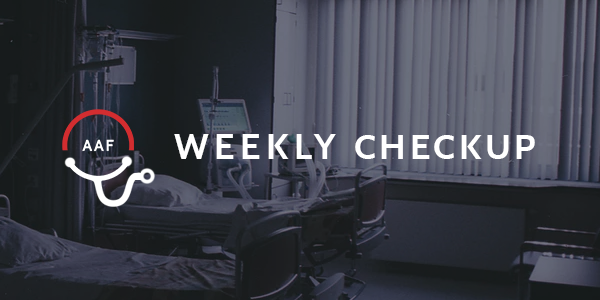
Forecast for 2024 Drug Pricing: A Better Pill
TL/DR –
In 2023, the Biden Administration focused on reducing prescription drug costs through a variety of pharmaceutical reforms, although these reforms may not yield desired results due to unaddressed regulatory incentives. The administration also made changes that may actually reinforce flawed ideas, such as implementing drug price controls, mandating additional rebates, or threatening to confiscate a patent to reduce drug costs. Going forward into 2024, it would be beneficial to examine existing policies, like the 340B Drug Pricing Program, and how they can create negative incentives within the prescription drug market.
Reducing Prescription Drug Costs: The Focus for 2023
In 2023, Washington prioritized reducing prescription drug costs with the Biden Administration issuing pharmaceutical reforms and Congress holding hearings on pharmacy benefit managers (PBMs). However, the central cause of high drug prices, perverse regulatory incentives, was overlooked. The focus in 2024 should shift to the 340B Drug Pricing Program, a key driver of high drug costs.
Biden Administration Initiatives
The administration implemented new drug pricing regulations as mandated in the Inflation Reduction Act, proposed significant reforms to drug rebates and announced a march-in initiative. However, these changes reinforce misleading ideas that implementing price controls, adding rebates, or threatening patent confiscation will reduce drug costs. These reforms may only reinforce a perverse regulatory structure and disincentivize private investment in innovative medicines.
The 340B Program
The 340B Program is a hospital subsidy funded by insurance and patient payments for drugs. Currently, Medicare Part D is the second largest payer of the 340B Program. Following recent litigation, 340B is expected to surpass Medicare Part D as the largest federal prescription drug program. Policymakers should consider the use of Medicare dollars to subsidize hospitals, especially since 13.4 million Part D beneficiaries receive premium and cost-sharing assistance.
Future Outlook
In 2024, prescription drug costs will continue to be a policy priority. The administration and Congress should consider the impact of existing policies, such as the 340B Program, on drug prices. The discussion on prescription drug costs should move beyond price control to ensuring effective use of federal dollars for lowering drug costs and promoting new innovations and medicines.
—
Read More US Economic News
